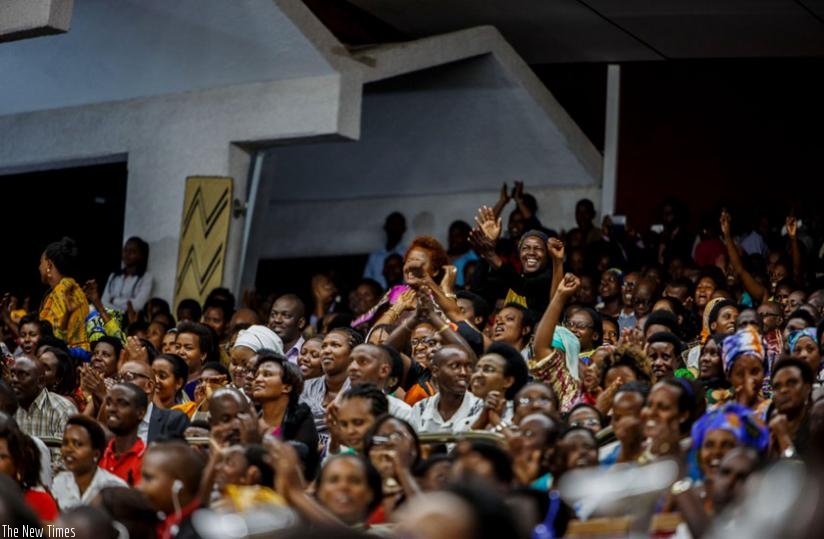Editor, RE: “#RwandansDecide: The missing link in the term limits debate” (The New Times, September 7).


Editor,
RE: "#RwandansDecide: The missing link in the term limits debate” (The New Times, September 7).
No colonial power ever relinquished their authority and therefore privileged position over a colonized and subjugated people voluntarily. Nor has true independence from the colonialist ever been attained cheaply.
Rwandans, many of whom now understand that we never achieved real independence in 1962, increasingly realize that we have to finish the job on which we are now truly embarked since we liberated ourselves at great cost in 1994 to become true masters of our own destiny.
We may listen to well-wishers who proffer counsel in a constructive manner if we judge that such advice is really in line with our aspirations. But we must make it very clear that the final decision regarding our future, including on how and by whom we are governed, is strictly an internal Rwandan affair in which non-Rwandans, no matter whom they might be, have no role.
Rwandans should also understand and embrace the fact that freedom has costs we must accept and assume, but that those costs are in fact much less than those of we would eventually face were we lacking real freedom over one’s affairs.
To be un-free is to be in the same situation as those other pseudo-independent African countries where France decides whom to put in charge as its local quisling and when to depose their leaders and replace them with those it considers more servile to French interest s at the expense of those of their own people.
Given a stark choice between true independence and short-term "support” at much greater eventual cost in terms of losing our own agency, the choice shouldn’t be all that hard to make: I vote freedom.
Rwanda is held to higher standards. And I wouldn’t want it any other way, even though unsubstantiated, totally implausible accusations are leveled against the Rwandan Government by organizations and people not so much concerned by the human rights of Rwandans but to try to assert that all African governments are predators against their people who need the White Master’s protection.
The incessant attacks against Rwanda are, in fact, a real recognition of the effectiveness of the Rwandan Government’s success in asserting our country’s sovereignty—a backhanded compliment to be sure; but a compliment nonetheless.
And the more we succeed the greater the virulence of those attacks, not least because of the danger of contaminating other Africans with the urge to truly free their own countries from continuing foreign subjugation.
Mwene Kalinda


